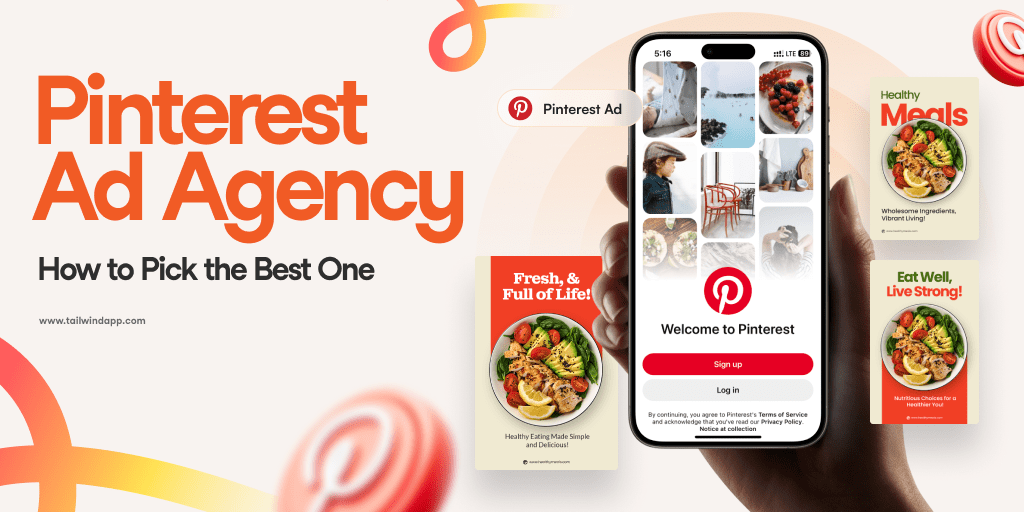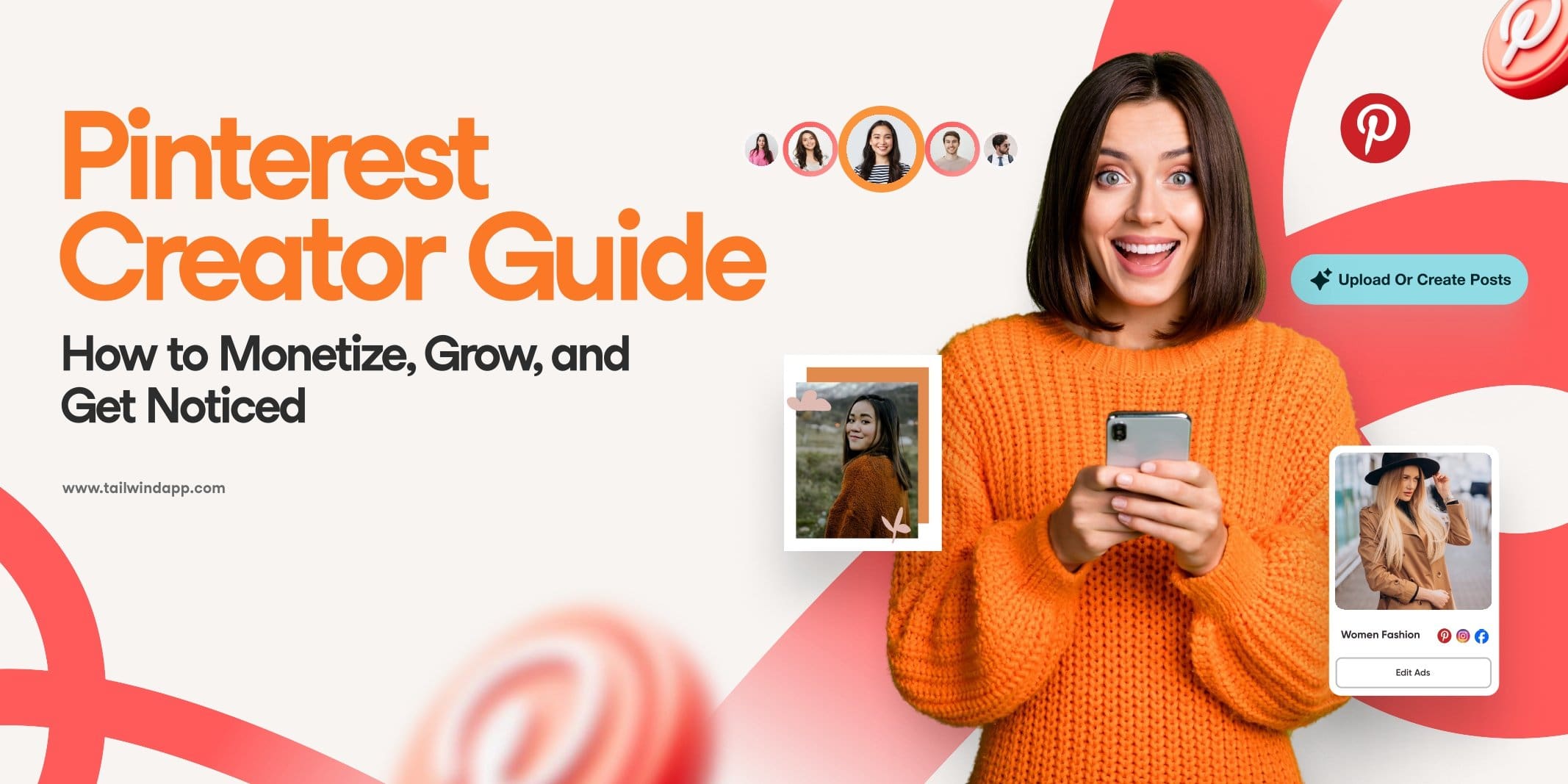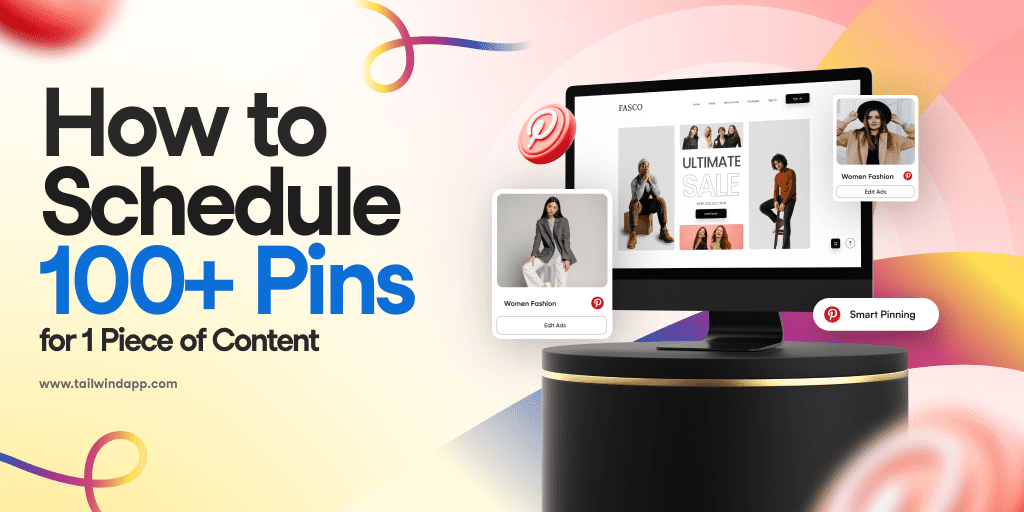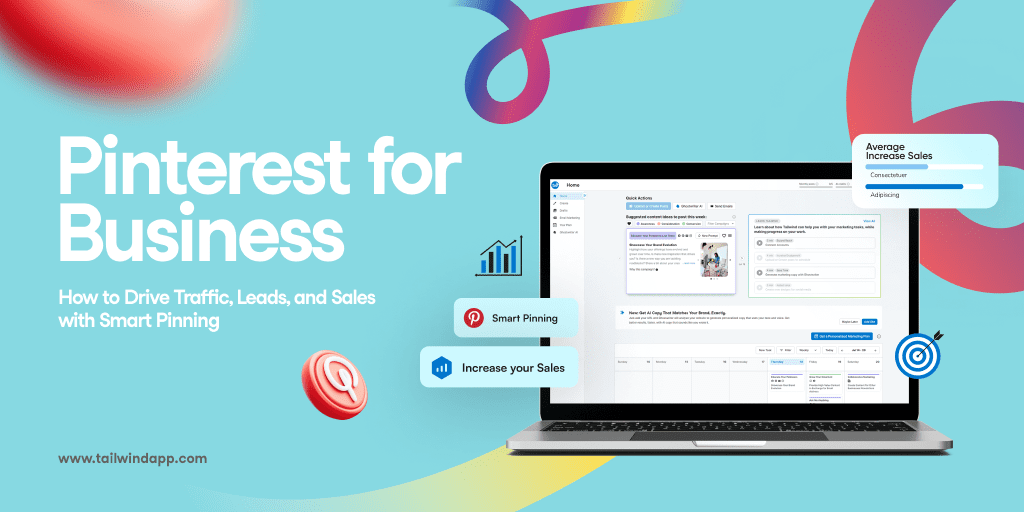“With great power, comes great responsibility.” This philosophy doesn’t just apply to superheroes that have been bitten by radioactive spiders, it also applies to Pinterest influencers, accounts with several thousand up to millions of followers. If you’re one of these Pinterest superstars you might be thinking of monetizing your Pinterest account but are you putting your account at risk?

If you’re not a Pinterest influencer with several hundred thousand or millions of followers, you might be wondering how they did it. Here are a few possible ways:
- They were very early adopters of Pinterest and have been building their accounts for years.
- They have had their account featured by Pinterest though email campaigns and other sources.
- They have teamed up on group boards with others to build their followers together.
- They have a large online following that they brought to Pinterest too.
Pinterest influencers are sometimes approached by brands and PR agencies to leverage their Pinterest following in exchange for some sort of compensation, sometimes monetary compensation. This practice has the potential to quickly lead to spammy behavior. For example, if a company approached an influencer to pin their product and offered to pay them each time they pinned their product making it visible to their large number of followers, it’s easy to see how this could get out of hand very quickly.
To prevent this, Pinterest has established an Acceptable Use Policy that addresses directly compensating Pinterest users for pinning, following or unfollowing. Not adhering to the policy could result in something as serious as the violating Pinterest account being shut down permanently.
This doesn’t mean that Pinterest influencers can never work with agencies or brands, to avoid the risk of having their account shut down, they should adhere to Pinterest’s acceptable use policy. So before you jump at an offer from a brand or agency wanting to pay you because of your level of Pinterest influence, pause and make sure that the deal doesn’t violate the policy.
There is some confusion regarding the policy as to what really is and isn’t acceptable to Pinterest. In this week’s episode of the podcast I invited Kim Vij of The Educators’ Spin on It to join me in a discussion about the policy.
Kim is a previous guest of the OSP podcast. In that episode, we discuss how she and her blogging partner Amanda have built their blog’s Pinterest account to over 1 million followers. Their Pinterest success has lead to invitations for Kim and Amanda collaborate with brands and more.
In this episode:
·What Kim has been up to since her appearance on episode 21
·The change in Pinterest follower growth rate over the past year
·Sharing your Pinterest account on other networks
·Fuzzy areas of Pinterest’s Acceptable Use Policy in relation to pinner compensation
·What are Pinterest’s approved affiliate networks?
·Pinterest’s new help center
·Getting paid for pinning
·FTC guidelines for sponsored posts
Connect with Kim:
The Educator’s Spin on It on Pinterest
Links mentioned
Better Homes and Gardens on Pinterest: group boards
Oh Joy and Target collaboration
The Educators’ Spin on It Parent’s Magazine Social Media Award
Neither Kim nor I are are affiliated with Pinterest nor are we legal professionals. Our recorded podcast conversation and this post should not be taken as legal advice. If you’re thinking of monetizing your Pinterest account or you already have, be sure to avoid risk by staying in compliance with Pinterest’s policy. If you have any questions about the policy or your arrangement for monetizing your account be sure to to check with a legal professional and Pinterest.
What do you think about monetized Pinterest accounts and Pinterest’s policy? Let us know in the comments below.
[text-blocks id=”podcast-subscription-links” plain=1]






